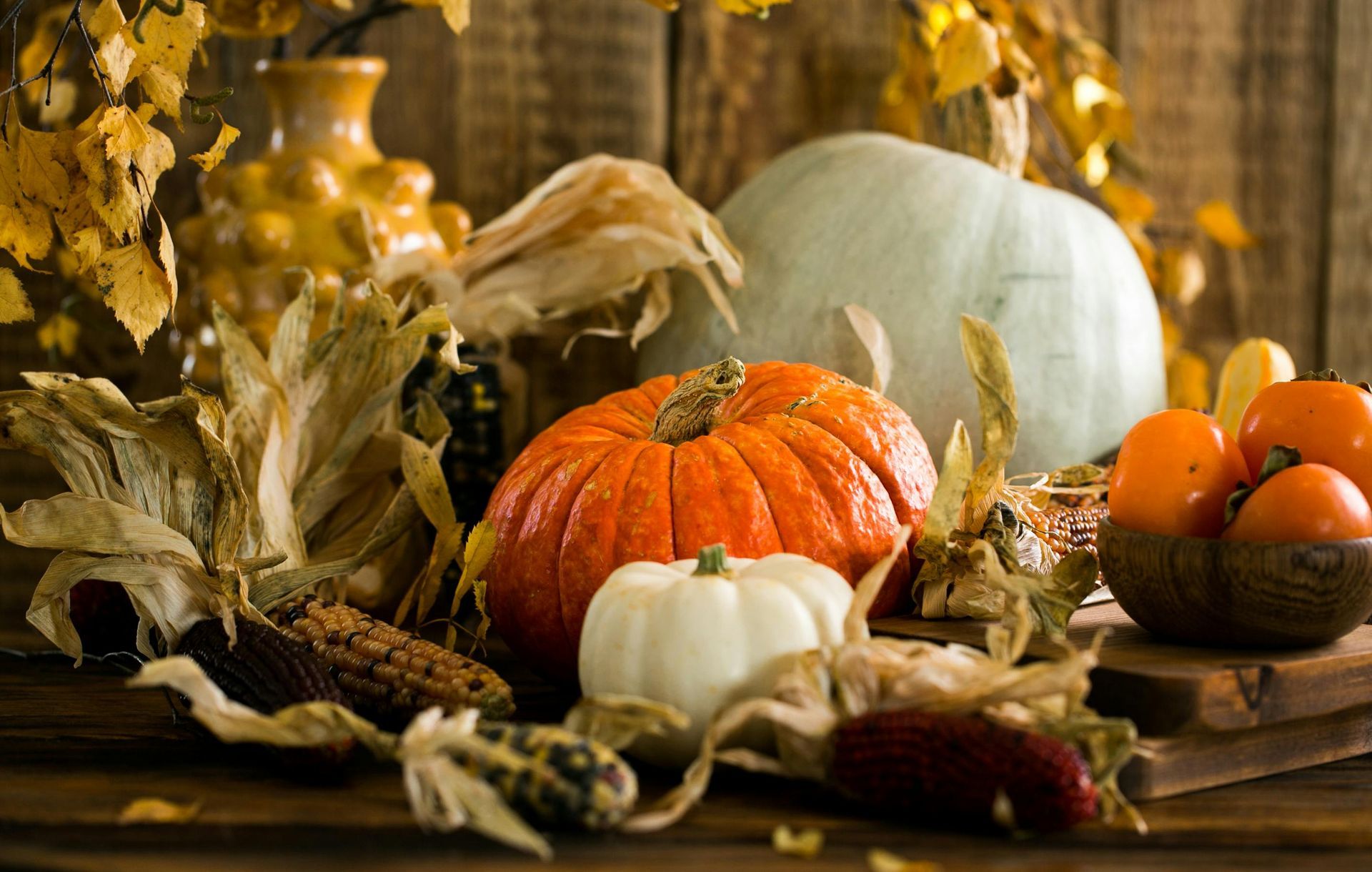Thoughts from the Dean's Desk
Kara D Williams

The Initiatory Path Isn’t Just Another Class: How Service Shapes the Student’s Spiritual Growth
In Wicca, personal students enter an apprenticeship with their teachers. Usually this is referred to being an initiatory student. This is similar to the apprenticeship system which existed in the Middle Ages, where a young person went to live and work with a master in a particular job or craft and over time was taught the job or craft and eventually went out on their own to work and live. During their time as an apprentice, they did service to the person teaching them as an exchange for the knowledge and skills they were learning.
There are many occupations today that still use this system in some form. It works best with studies that are practical and require physical knowledge versus a completely academic program. Plumbers, electricians, and mechanics often use this system. In Wicca we call this experiential learning. Things that can only be learned and understood by experiencing them. While in all these occupations, there is a certain amount of book learning that must happen before the experiences start to make sense; the learning isn’t complete until the student has had the experiences.
In Wicca apprenticeship or an initiatory path is not a passive experience. It’s not just about sitting in a classroom, taking notes, and memorizing facts. It’s an active, embodied journey rooted in relationships. At the heart of this path lies a powerful principle: service as sacred learning.
In Wicca, acts of service whether cleaning the ritual space, assisting in ceremonies, or preparing tools are offerings. They honor the Craft and strengthen the bonds within the community. Service becomes a devotional act, a way to express reverence beyond words. In an initiatory path, this service is also a way to free up your teacher’s time so that they can teach you more. Helping them with their work allows the student to learn more and gives the student more practice. There are more opportunities for the teacher to teach the nuances of performing ritual work, herbs, metaphysical theories, and leadership principles.
Unlike traditional classes, apprenticeship thrives on participation. Apprentices learn by setting altars, crafting ritual tools, and supporting ceremonies. These hands-on experiences teach more than technique; they cultivate intuition, presence, and spiritual discipline. It grounds the book learning in body memory and creates after much practice someone who understands their field in what appears to be an intuitive or natural fashion as if they just have always been this way. This is mastery.
Service fosters trust and accountability between mentor and student. It’s not about servitude; it’s about mutual respect and shared responsibility for the sacred work. The teacher comes to know the student in an intimate way through shared experiences which give both teacher and student the opportunity to reveal their deepest beliefs and values.
Helping the teacher isn’t just practical; it’s spiritual. Through service, apprentices receive teachings not only in words but energetically, absorbing wisdom through shared action and intention. Recently, there was a meme that passed through my social media feed which talked about a study done by scientists on how the energy of one person’s thoughts and feelings affected the other person. It's awesome that science is catching up with what magical practitioners have known for a long time! Spending time with your teacher allows you to develop synchronicity with them. They anticipate what you will think and do, and you will do the same with them. This creates an amazing magical working relationship.
Even the simplest tasks of sweeping the floor or washing chalices become meditative when approached with mindfulness. These moments teach humility and the sacredness of the ordinary. They also teach discipline. All tasks are sacred and holy when performed with devotion and reverence. The circle must be cleaned, and this teaches that everyone is responsible for this, not just the teacher.
All too often in our modern world, there is an attitude of “that’s not my job”. In Wicca there is no job that isn’t a practitioner's job. If you are a solitary practitioner, you must do all the work! When working in a group, the elder clergy can’t do all the jobs for that many people. Everyone must help. In the beginning, a new student doesn’t have enough knowledge or experience to do complicated jobs but needs to lend their energy to the success of the group and so often they begin with simple jobs. Those are just as important as complicated jobs. If the floor is dirty and dishes are everywhere, a sacred ritual can’t be performed in that space.
Many groups have created procedures for how this progress from simple work to more complex work happens. At WSTS, Freshmen watch, Sophomore’s begin to call quarters in rituals, Juniors begin to write and lead rituals and Seniors perform leadership roles throughout the seminary and in rituals. This mirrors more traditional Wiccan group structure as students learn.
In addition, resistance, ego, and expectations often surface during service. Facing these challenges becomes a form of shadow work, building emotional resilience, and deepening self-awareness. They are tests of ego and suitability for future leadership roles. The ATC, our Mother Church, teaches servant leadership. You will find elders doing simple jobs as well as more complicated work. All clergy serve the group.
In Wiccan tradition, readiness isn’t proven through exams but through consistent, mindful contribution. Service demonstrates commitment and integrity, qualities essential for initiation. Reliability and a willingness to do what Goddess calls you to do is demonstrated in your willingness to do the work that is needed for every moon or sabbat. Each student grows at their own pace, but higher-level work is not available until the student has demonstrated competence and reliability with the simple work. Wiccans value book learning, it is where we often begin a student, but the practical service and competence is just as important in becoming clergy.
Mastery comes from years of serving and learning. At WSTS we often say that there are no shortcuts to this process. Wiccan apprenticeship is a transformative path where service is not a chore but a sacred practice. It shapes character, deepens spiritual understanding, and weaves the apprentice into the fabric and the wisdom of the tradition.










